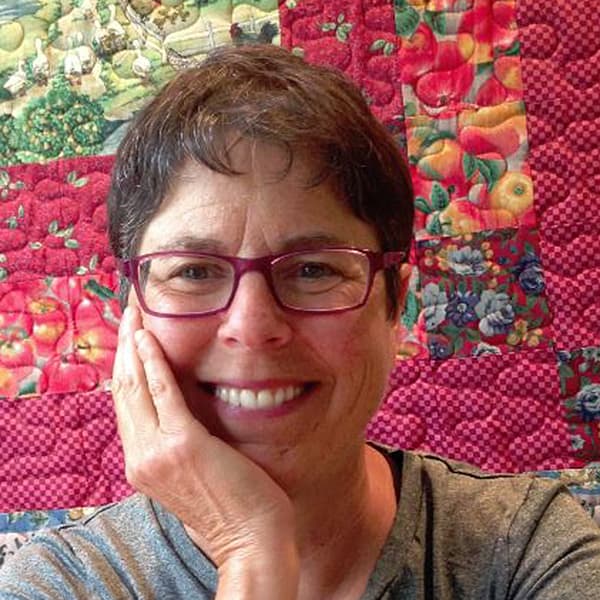Advertisement
Commentary
A word of advice for my daughter

My mother offered immeasurable devotion and support. In the years preceding and following my questionable adolescence, she gave only two pieces of advice: stand up straight and please don't bite your nails. She gave this advice frequently and earnestly; both sensible, both possible, and I ignored both. As a result, I slouch terribly now. This caused my mother some sorrow while she lived and still causes some for me. Being upright would feel so nice.
My daughter’s posture and nails are excellent, and it has been my joy to offer her devotion and support. There is only one piece of advice I remember giving as she grew (advice is so pleasant to offer). I gave it frequently and earnestly: Don’t do it, don’t do it. But she ignored me…and decided to become a doctor anyway.
I offered this advice from the view of the discouraged. Thirty years as a psychiatrist were spent with one foot in an era of hand-written charts and diagnostic creativity, and the other in an era of a lockdown of any individuality — EMRs, ICD billing codes, productivity requirements. In my training, medical idols could identify disease by looking at the shape of a fingernail or the end of an eyebrow. Documentation had nothing to do with drop-down boxes. When, over time, we were forced to use them, those boxes felt like being corralled into a pen and tethered to a post.
The contract of care back then was between physician and patient. The contract of care now is between insurance and everyone else. Relationships are formed around the edges of what insurance allows, too often in visits that seem like fast-food drive-throughs. It has led to dissatisfaction for patients and disillusionment for doctors.
The problem was never, ever patients. The problem—pretty widely-acknowledged, now—was a system that no longer prioritizes the human. I did not want my child to suffocate with the same resentments in her profession that caused me to leave paid employment in mine.
She doesn’t. She has grown up in the new era, a third-year medical student without memories or nostalgia. For one thing, she is used to typing in the EMR while glancing sideways at the patient, and is fluent in the many tongues of EPIC. For another, she does not expect to spend an hour in an appointment, and has discovered that empathy can be conveyed in a few minutes. She relies more on tests and less on viewing fingernails (which is for the best, in the case of her mother). Her medicine requires great craft, and I detect no resentment or suffocation as she prepares to practice it.
It's not only her, either. Her classmates are excited, efficient, full of intention, occasionally impatient and unintimidated. If all goes as they expect, they will enter residencies, leave fellowships and take on the world with open eyes. They are also open-eyed about the lifestyles they want. Forty years ago, I climbed into a nightgown each Friday afternoon, opened a book (there were books then) and climbed out of it Monday morning, in time to catch a bus for class. Between the start of first-year anatomy and the end of second-year pharmacology, my daughter and her friends backpacked through national parks across the country, ran half-marathons and threw themselves into the emotional welfare of one another. This called for enormous amounts of candle-burning and the occasional youthful nap. As far as I can tell, they are healthier for it.
Advertisement
There is going to be unhappiness ahead: under-appreciation during training, tussling over and over with managed care to the mat, too little appointment time with too much to accomplish, and of course, the sorrow of patients who arrive in one kind of pain or another, desperate for help.
Many years ago, on a public health unit in a state hospital, a tattooed psychologist who drove a motorcycle into the parking lot each morning said to me, “it’s never the people you work WITH. It’s always the ones you work FOR.” She was complaining about a particular administrator at the time, and the complaint seemed petty. But she was also reading the palm of the future.
The world has changed since my acceptance letter 40 years ago (there were letters then). But my daughter will ride out these changes. My advice was wrong, and she decided not to take it
She will be a wonderful, upright doctor.
Follow Cog on Facebook and Instagram. And sign up for our newsletter, sent on Sundays. We share stories that remind you we're all part of something bigger.
